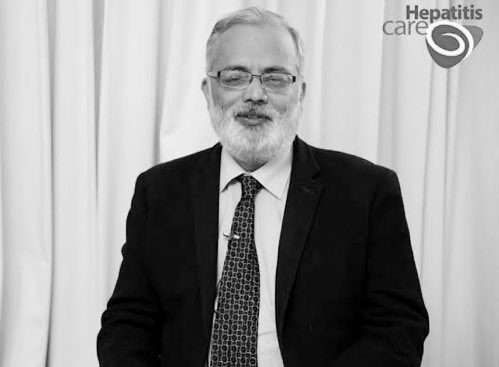On yet another grim Friday, a black cloud descended over Pakistan’s Ahmadiyya community. Dr. Sheikh Mahmood, a 58-year-old renowned gastroenterologist and respected humanitarian, was gunned down in cold blood inside Fatima Hospital in Sargodha. The bullets that tore through his body did more than end a life—they extinguished a light of compassion, service, and silent resilience in a country increasingly hostile to his faith.
Dr. Mahmood was not just a doctor; he was a healer in every sense. His patients—many of whom he treated free of cost—remember him as a man who embodied grace, dignity, and unwavering dedication. His mother has now outlived her son. His wife, who had just dropped him off at the hospital, raced back moments later, only to witness the aftermath of a murder she could not prevent. His two daughters and two sons must now carry the weight of their father’s name—one now written in martyrdom.
His body, lifeless yet dignified, was moved to the District Teaching Hospital, but the tragedy cannot be laid to rest. This was not an isolated crime. Dr. Mahmood had been receiving death threats for months. The Tehreek-e-Labbaik Pakistan (TLP), a hardline extremist group with open animosity toward the Ahmadiyya community, had pressured his previous employer to terminate him. And yet, Dr. Mahmood continued to serve. He chose to heal in the face of hate.
On the day of the murder, the assailant—a young man in uniform from the Saaf Suthra Punjab Program—entered the hospital twice, asking for the doctor by name. When Dr. Mahmood finally arrived at 2:30 PM, the man followed him inside, pulled a pistol from a shopping bag, and shot him in broad daylight. Four bullets. All entry and exit wounds. The murderer shouted threats and walked out unfazed, threatening the hospital’s security personnel who did not stop him. He climbed on a motorcycle, driven by an accomplice, and disappeared—his route traced toward Lahore.
Police say they are “tracking” the culprits, that CCTV footage has been secured, and that postmortems are underway. But for the Ahmadi community, these words are hollow. They have heard them before—after Laeeq Cheema was lynched in Karachi on April 18, and again after 19-year-old Muhammad Asif was shot dead in Kasur on April 24. All three victims were Ahmadis. All three were murdered on Fridays.
Sargodha is not new to this terror. Hate has simmered here for years, and now it spills over openly. TLP marches with impunity, chanting slogans that dehumanize, distributing lists of Ahmadi names—where they live, where they work, where they pray. The targets are marked. The state watches.
“We live with death hanging over us,” says a community member, K, whose own name is on one of those hate lists. “Dr. Mahmood was a noble soul. Even non-Ahmadis loved him. His murder isn’t just a loss for us—it’s a loss for humanity.”
And yet, there is silence from those who should speak. The state shrugs off responsibility. Police deny pressure from TLP, offering the excuse that this was a “sudden incident.” But how can something be sudden when threats are known? When hate was organized? When victims were already being buried every week?
What does it say about a country where a doctor can be murdered for his faith in the very hospital he heals others? Where mobs can stone a man to death and call it piety? Where did a young boy on a motorcycle never make it home?
The Ahmadiyya community has demanded justice—again. But justice, like peace, remains elusive in a land where bigotry has been mainstreamed and the law walks hand in hand with fear.
Dr. Mahmood is not the first Ahmadi to be killed this year. He may not be the last.
But he should be.
May his memory be a call not only to mourn—but to resist the growing silence. To speak. To act. Because this is not just the murder of a man. This is the murder of a conscience.
